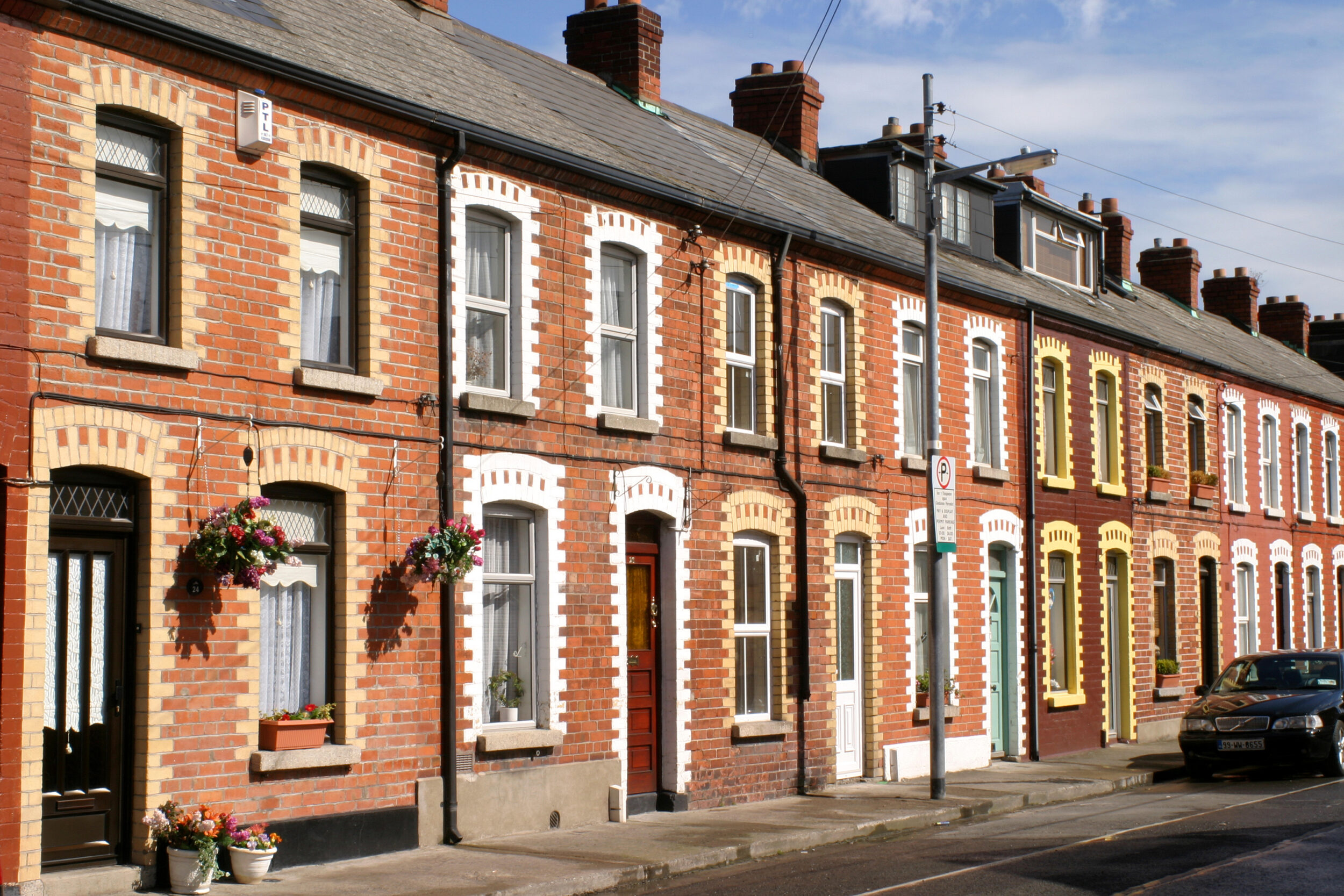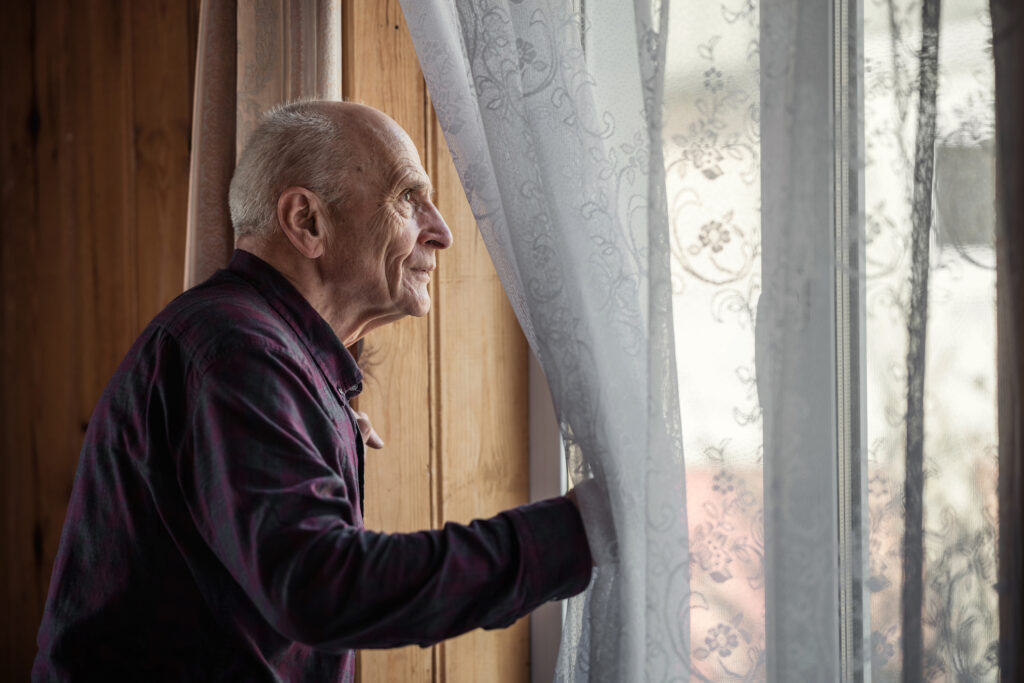
“With Charity Bank, it feels like we’re part of a team”
“It doesn’t feel like Charity Bank is the lender and we’re the borrower; it feels like we’re in this together.” Read our interview with Robin Roberts, Chief Executive of Sutton Housing Society.
Can you talk us through your loan journey with Charity Bank?
Sutton Housing Society borrowed £4 million from Charity Bank back in 2015. At the time, that was the maximum amount you could borrow. When the bank increased its lending limit, we increased our loan – to £4.2 million. Then when it increased the limit to £5 million, we borrowed the extra £800,000. At the same time, we took an £8 million loan from CAF Bank.
Together with Greater London Authority (GLA) money, and our own reserves and surpluses, we’re using the loans to build new homes for people over 55, and to refurbish our existing housing stock. Most of our properties are for social rent, the rest are for affordable rent.
How would you describe your relationship with Charity Bank?
Put it this way, when I’ve spoken to other lenders and they’ve asked what we’re looking for, I’ve said, “If Charity Bank would increase its maximum limit so it could lend us more money, we wouldn’t be talking to any of you!”
Charity Bank is different to other banks. It doesn’t feel like they’re the lender and we’re the borrower; it feels like we’re in this together. It’s a collaborative relationship, and they’re very supportive.
How has Charity Bank supported your housing association?
For one thing, they’re really flexible. Building work is never completed on time, so we’ve often had to call Charity Bank to say, “Can we move the drawdown period from this date to this date?” or, “Can we extend the availability period?” or “I know we said we’d need the money in March next year, but actually, things haven’t gone to plan, so can we push that back by a year?” And it feels like they just always say, “Yes, that’s fine. No problem.” There’s probably lots of stuff happening in the background, but for us, it’s all very easy.
We mainly work with Adam Ruffinato. He has a very pragmatic approach to everything and never overcomplicates things.
Genuinely, if we could borrow all the money we needed from Charity Bank, we wouldn’t talk to other lenders. Charity Bank has even helped to save us money.
How has Charity Bank saved you money?
When we increased our borrowing from £4.2 million to £5 million, Adam suggested that we use the £5 million to pay off the £4.2 million so it’s like we’ve taken out a new loan. He said, “Look, if you do it this way, you can save some money.” They could have made more money from us if they hadn’t done that, but that’s not what Charity Bank is about.
Plus, by paying the loan off and starting anew, we were able to agree a three-year interest-only period. That helps with cash flow, especially when you’re having to pay out a lot of money for building work before you’re getting an income from tenants.
I honestly can’t fault Charity Bank at all. Generally, banks aren’t too keen on saving you money!
Did you have experience with commercial banks before you worked at Sutton Housing Society?
Yes. I worked for organisations that borrowed money from various lenders. It’s just a very different relationship. You don’t get that same collaboration. It’s almost as though they try to catch you out. Because if they catch you out and you breach your loan, then they can charge you a higher interest rate.
Can you tell us about some of the new homes you’ve built with the help of your Charity Bank loans?
A lot of the homes are infills at our existing sites. For example, we’re adding six new homes to one site. At the same time, we’ve refurbished the whole block, including creating a new shared lounge, putting in new windows, replacing the cladding, landscaping the grounds, making the flats more energy efficient, and so on.
We had the group editor for Inside Housing look around some of our properties, and they’ve shortlisted Norman House for the Best Supported Housing Urban Development award.
Would you say the Charity Bank loan has benefited your organisation as a whole, as well as benefiting your tenants?
Yes, but we’re not going for growth for growth’s sake; we’re building because people need homes, and it’s just as important to improve our current housing stock.
I was showing the new Norman House lounge to one of the residents, Joan, recently. She had to wipe a tear away from her eye. The whole property looks like a hotel now. Family members come to visit and say, “Wow, this is beautiful. I want to live here.” That makes it all worthwhile.
So yes, the building and renovation work adds financial value to the organisation, but that’s not the driver. It’s not about numbers on a spreadsheet; it’s about genuinely changing people’s lives. And that’s why it’s so great to work with Charity Bank, because they believe that too.
If you need a loan for your property project, please call Charity Bank on 01732 441919.
About Charity Bank
Charity Bank is the loans and savings bank owned by and committed to supporting the social sector. Since 2002, we have used our savers’ money to make more than 1280 loans totalling over £500m to housing, education, social care, community and other social purpose organisations.
Nothing in this article constitutes an invitation to engage in investment activity nor is it advice or a recommendation and professional advice should be taken before any course of action is pursued.


